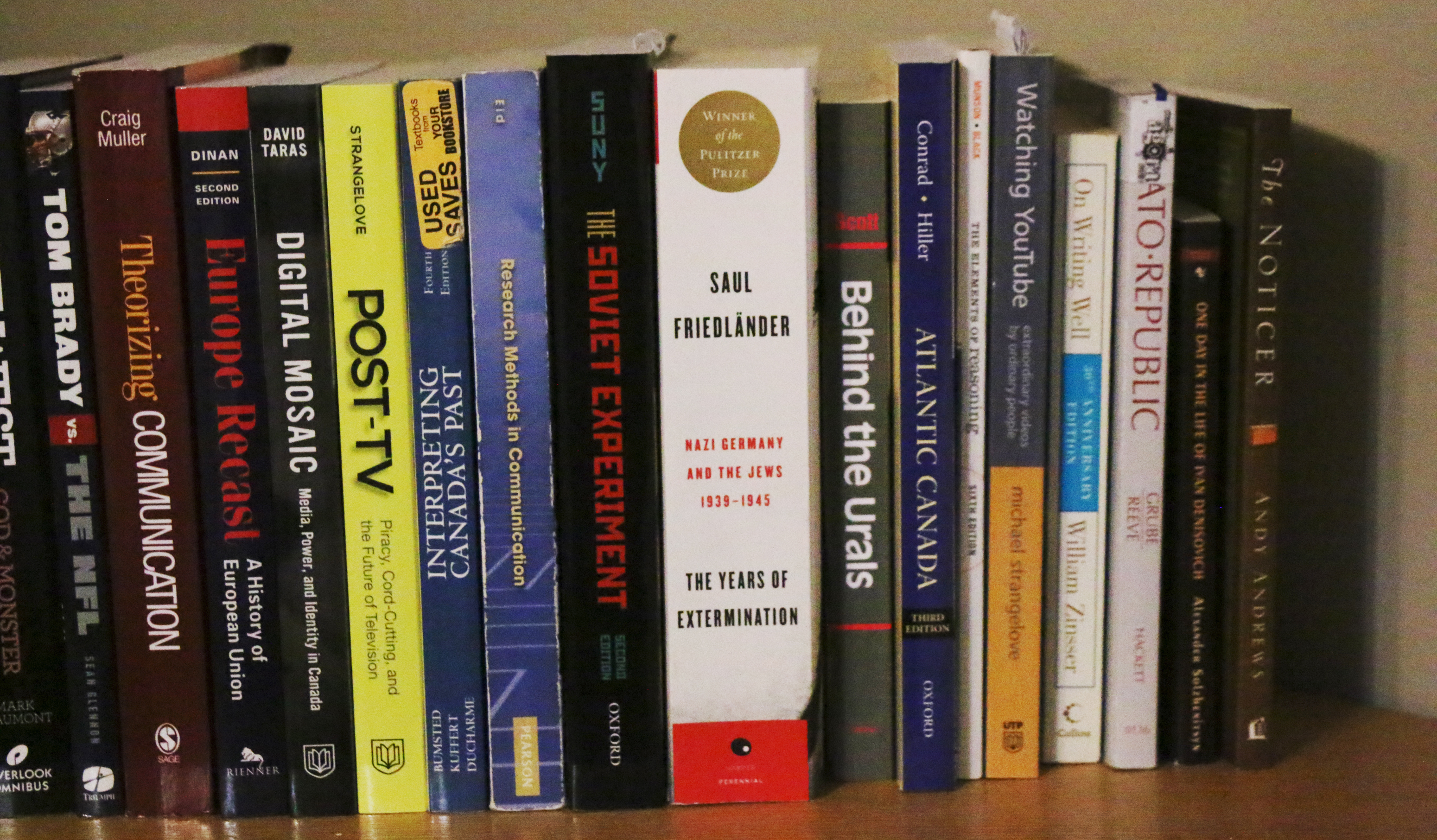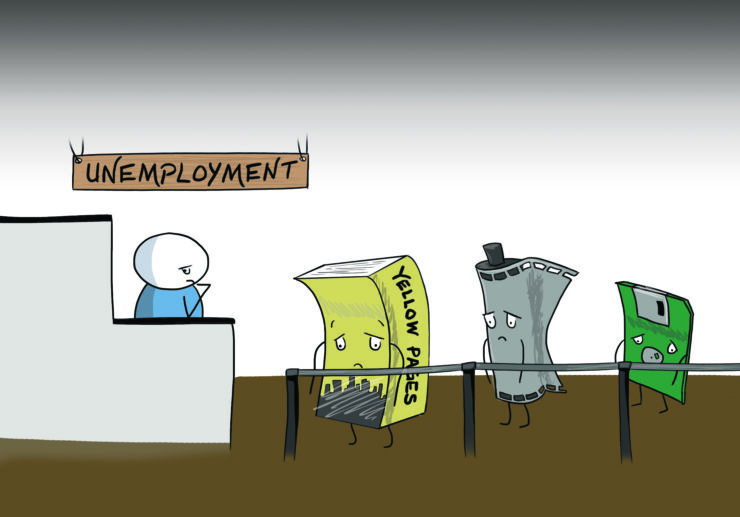Recent changes in government support point to need for full action
Good news for Ontario university students has been rolling in over the last few months. The Ontario government announced its decision to eliminate tuition fees for students from lower income families, while the federal government increased the size of grants available to all students in their new budget. With all of these changes being put in place, it’s a good chance to seriously re-examine the idea of free higher education for all.
Ontario’s already taken the first steps toward this goal with their Ontario Student Grant, which covers the cost of tuition for students from families making less than $50,000 a year. Ontario’s plan still costs however since students still have to pay $3,000 towards their tuition. This came after Newfoundland and Labrador’s decision to change their student financial aid to grants instead of loans. This policy revision would mean that recipients wouldn’t pay back any of the money they receive.
If the federal government ensured that all of the over two million Canadians aged 15-19 would receive $7,000 a year towards university education, that would cost $14.6 billion. For comparison, the 2016 federal budget earmarked $120 billion for infrastructure investment over the next 10 years.
That $7,000 wouldn’t cover everything, as any University of Ottawa student could attest. But it does serve as a good indicator for the amount of money that could be spent by government. That plan also doesn’t take into account any of the current provincial, or federal, grant and loan programs available for students.

Building a new program like this won’t be easy, and it wouldn’t happen overnight. There would be questions of how much money the provinces should offer, or if the program would be run by the federal government or given to provinces and territories to handle on their own.
However, it’s clear that a federally managed program would be most effective, since provinces could then offer more money on top of that to attract more students to their universities and colleges.
Whenever the topic of free higher education is brought up there is usually a chorus of voices, arguing against paying tuition for thousands of unemployed twenty somethings, who have nothing to show for it but their liberal arts degrees.
This argument ignores the fact that people can still study whichever degree they want, and free money won’t just suddenly change the interests of Canadian students. It will, however, make the opportunity to pursue those interests much more accessible.
That argument also fails to appreciate the nuances of a university education. We all too often view degrees solely as the path by which we land a job. There is some truth to that, as university degrees are expected by many employers. But degrees are also a chance to gain knowledge, and enrich our understanding of the world—is that really an opportunity we don’t want extended to as many Canadians as possible?
Instead of working slowly and piecemeal towards the end goal of free higher education, let’s just skip right to it and give more Canadians the chance to sharpen their minds. In the end, it will be more than worth it for our nation.





